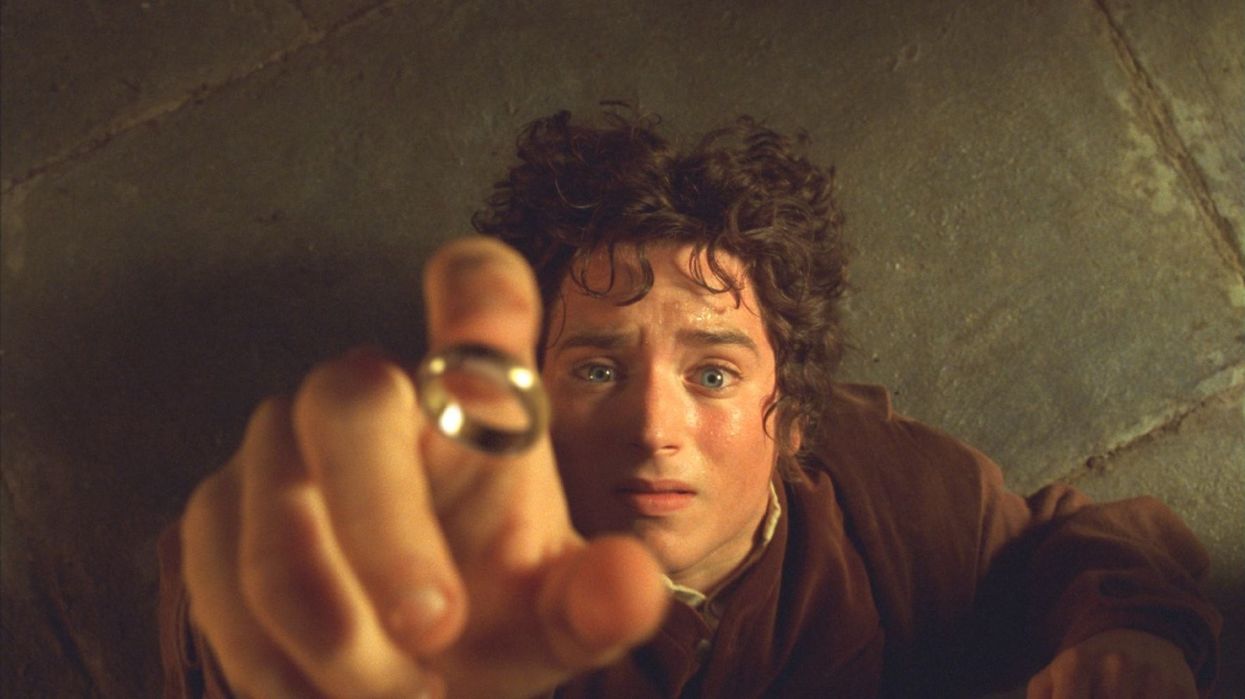Here's How Music Can Add Meaning To Your Film
Your film is more than picture edits, dialog, and sound effects.

The score is the subliminal emotional undercurrent of your film. It can make people cry, laugh, feel displaced, alone, or even awkward. Music affects our mood. When it enters our brain, it triggers different pleasure centers that release dopamine and can stimulate endorphins. Even the genre type can impact how you react. Research shows that jazz can soothe the body while heavy metal creates a sense of identity.
So, how can you use music to add emotion to your film? To make it have meaning. Video essayist Barnaby Martin of Listening In dives into Peter Jackson's The Lord of the Rings trilogy and its score, which was written by Canadian composer Howard Shore. (He won 3 Oscars working on the franchise.)
Martin, a composer himself, so he knows the topic well. He says, "Shore's scores for The Lord of the Rings contain, perhaps, some of the greatest music ever written for film. This music acts as a reflection of the cultures of Middle-earth, it outlines the emotional landscape of the narrative, and also acts as a narrator in itself, commenting and supporting the story over 11-hours of film."
How did Shore do it? Watch the video and read more after the jump.
It starts with story
Your script is going to be the driving force to the emotional palette, and each scene can evoke a different feeling. It's important as a director or a producer to understand what a scene is trying to say. If it doesn't move the story forward or tell us something about the character, it may not need to be in the script, no matter how cool you may think it is. By understanding the emotional tone of the scene, as a director, you will be able to express that to a composer, who will then interpret those feelings through music.
In The Lord of the Rings, the score is written in a simplified way that still connects to the significance of the story arc and to the characters. It does so in a way that builds a world we unknowingly feel immersed in. It doesn't hit you over the head like the music in Guardians of the Galaxy, a soundtrack that very much wants to be noticed, as it's an integral part of Peter Quill's (Chris Pratt) character. Both do an exceptional job giving meaning to the story but do so in very different ways.

Themes create feelings
Musical themes are part of a score's motif. The two-note sequence in Jaws connects us to the shark in a very suspenseful, immediate way—that something is lurking underneath. Auditory themes can link specific story points or emotions. They can elicit a certain feeling when it's played in patterns over action. Pyscho's screeching violin is another famous theme that evokes a very distinct reaction.
When Frodo and Sam start their journey, Shore uses one theme to mark the beginning of its uncertainty and then transitions into a second theme as the two characters gain confidence. It's like act breaks in a script. As the story progresses, or as a character changes, so can the music. The music should progress with the story.
And that's what Shore does so well with the score of The Lord of the Rings. It connects the audience to the emotional undercurrent of the story and to the characters, while still evolving.
So the next time you find yourself with a scene that just isn't working, try changing the music. Maybe it just isn't adding meaning to the moment. Or, if you have a big enough budget, give Howard Shore a call.
Source: Listening In













